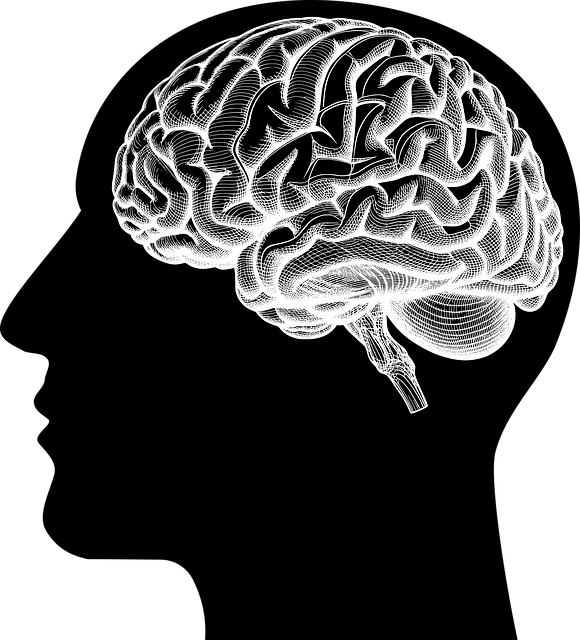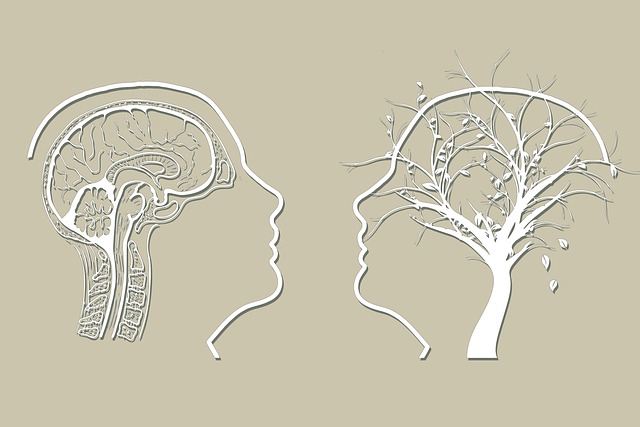Northglenn Self-Esteem Therapy offers comprehensive Crisis Intervention Team (CIT) training, equipping members with practical skills and empathetic approaches for managing acute mental health crises. Their rigorous programs cover various crisis types, de-escalation techniques, active listening, stress reduction, and mindfulness meditation, fostering emotional resilience and collaborative team effectiveness. By empowering individuals with these skills, Northglenn Self-Esteem Therapy promotes community resilience, ensuring access to support networks for emotional healing even in chaotic situations.
Crisis intervention team (CIT) training programs empower individuals to handle crises effectively, with a crucial focus on community well-being. This article explores the essential role of CITs from the perspective of Northglenn Self-Esteem Therapy, delving into key components that make these programs successful. We’ll highlight how comprehensive training benefits both individuals and communities, fostering resilience and positive outcomes in diverse settings. By understanding and implementing best practices, we can revolutionize crisis response.
- Understanding Crisis Intervention Teams: A Northglenn Self-Esteem Therapy Perspective
- Key Components of Effective Crisis Intervention Team Training Programs
- Benefits and Impact: How Training Empowers Individuals and Communities
Understanding Crisis Intervention Teams: A Northglenn Self-Esteem Therapy Perspective

In the dynamic landscape of mental health support, Crisis Intervention Teams (CITs) stand as a pivotal strategy for addressing acute situations. These teams, composed of trained professionals from various disciplines, aim to provide immediate and effective assistance to individuals in crisis. From the perspective of Northglenn Self-Esteem Therapy, CIT training programs are instrumental in fostering an environment where individuals can develop crucial skills to manage and overcome stressful scenarios.
By participating in these rigorous training sessions, members learn not only practical interventions but also empathetic approaches that prioritize mental wellness. The program delves into various aspects, including stress reduction methods and self-care practices, empowering team members to support one another during high-pressure situations. This holistic approach ensures that crisis intervention becomes a collaborative effort, ultimately enhancing the overall effectiveness of the team in promoting positive outcomes for those in need.
Key Components of Effective Crisis Intervention Team Training Programs

Effective crisis intervention team training programs are multifaceted, aiming to equip participants with a comprehensive toolkit for handling crises. These programs must prioritize education, practice, and emotional support. Participants should gain in-depth knowledge about various types of crises, including mental health emergencies, trauma responses, and domestic violence situations. This understanding is coupled with practical skills in de-escalation techniques, active listening, and crisis intervention strategies.
The Northglenn Self-Esteem Therapy approach integrates self-esteem improvement and inner strength development through mindfulness meditation practices. These tools empower team members to respond not only effectively but also compassionately. By fostering a culture of emotional awareness and resilience, crisis intervention teams can create safer, more supportive environments for individuals in distress.
Benefits and Impact: How Training Empowers Individuals and Communities

Crisis intervention team training programs offer a multitude of benefits that extend far beyond simply equipping individuals with tools to handle crises. By participating in these specialized courses, often offered by centers like Northglenn Self-Esteem Therapy, individuals gain valuable skills in stress reduction methods and emotional healing processes. This enhanced knowledge empowers them to not only manage their own mental wellness but also support their communities during challenging times.
The impact of such training goes beyond the personal; it fosters a sense of community resilience. Trained individuals become equipped to recognize signs of distress, offer immediate assistance, and guide others towards lasting solutions. These skills are particularly crucial in today’s fast-paced world where mental health issues can often go unnoticed or unaddressed. Through effective crisis intervention training, communities can create networks of support, ensuring that everyone has access to resources for emotional healing processes, even in the most chaotic situations.
Crisis intervention team training programs, such as those offered by Northglenn Self-Esteem Therapy, are invaluable assets for empowering individuals and communities. By equipping professionals with the necessary skills and knowledge, these programs foster a more supportive and effective response to crises. The key components outlined in this article—including situational awareness, de-escalation techniques, and collaborative communication—are essential to successful crisis intervention. Ultimately, investment in comprehensive training benefits not only the individuals served but also strengthens the resilience of entire communities.








